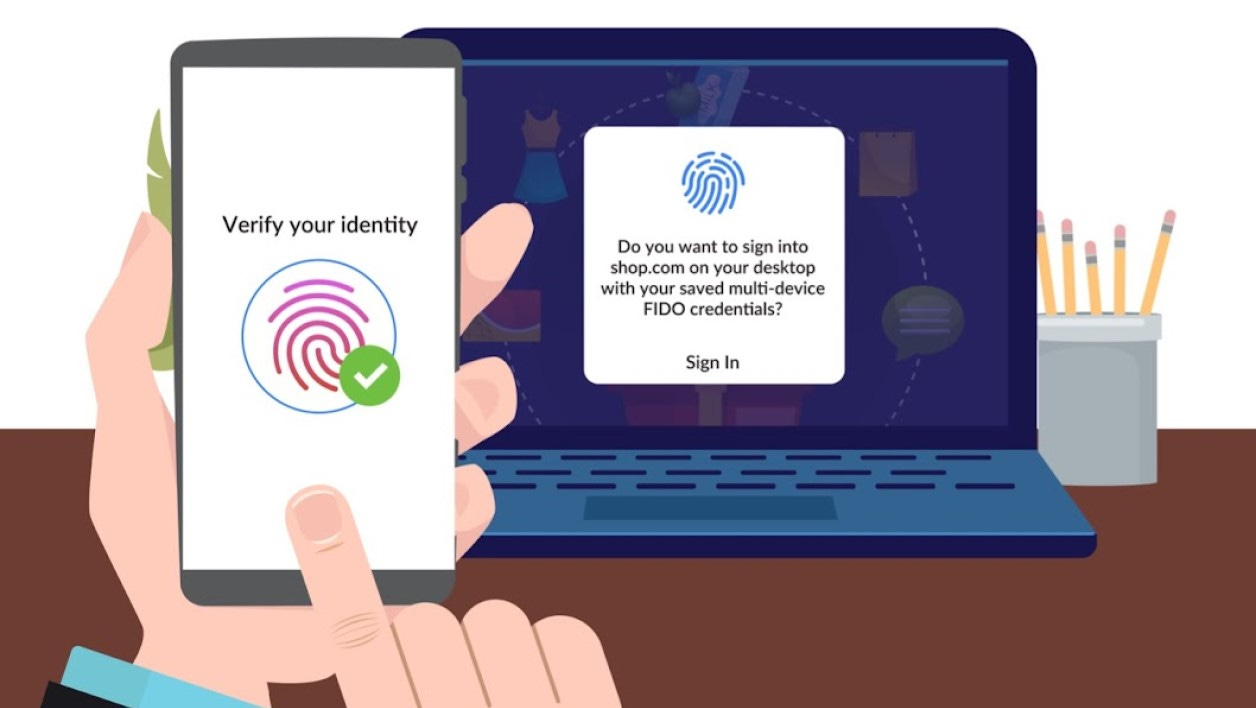Will We Be Able To Do Without Passwords in the Future? Google, Apple, and Microsoft Believe So.
Driven by these Web giants, the Multi-device FIDO standard is expected to take hold in the coming years.
Numbers and letters. Upper and lower case letters. At least eight characters, including at least one punctuation mark. To watch a movie, check your bank account, read an article on a website or access a social network, passwords have become indispensable to our connected lives. And they have to be increasingly complex.
According to a study conducted in 2…
Keep reading with a 7-day free trial
Subscribe to Sylvain Saurel’s Newsletter to keep reading this post and get 7 days of free access to the full post archives.


